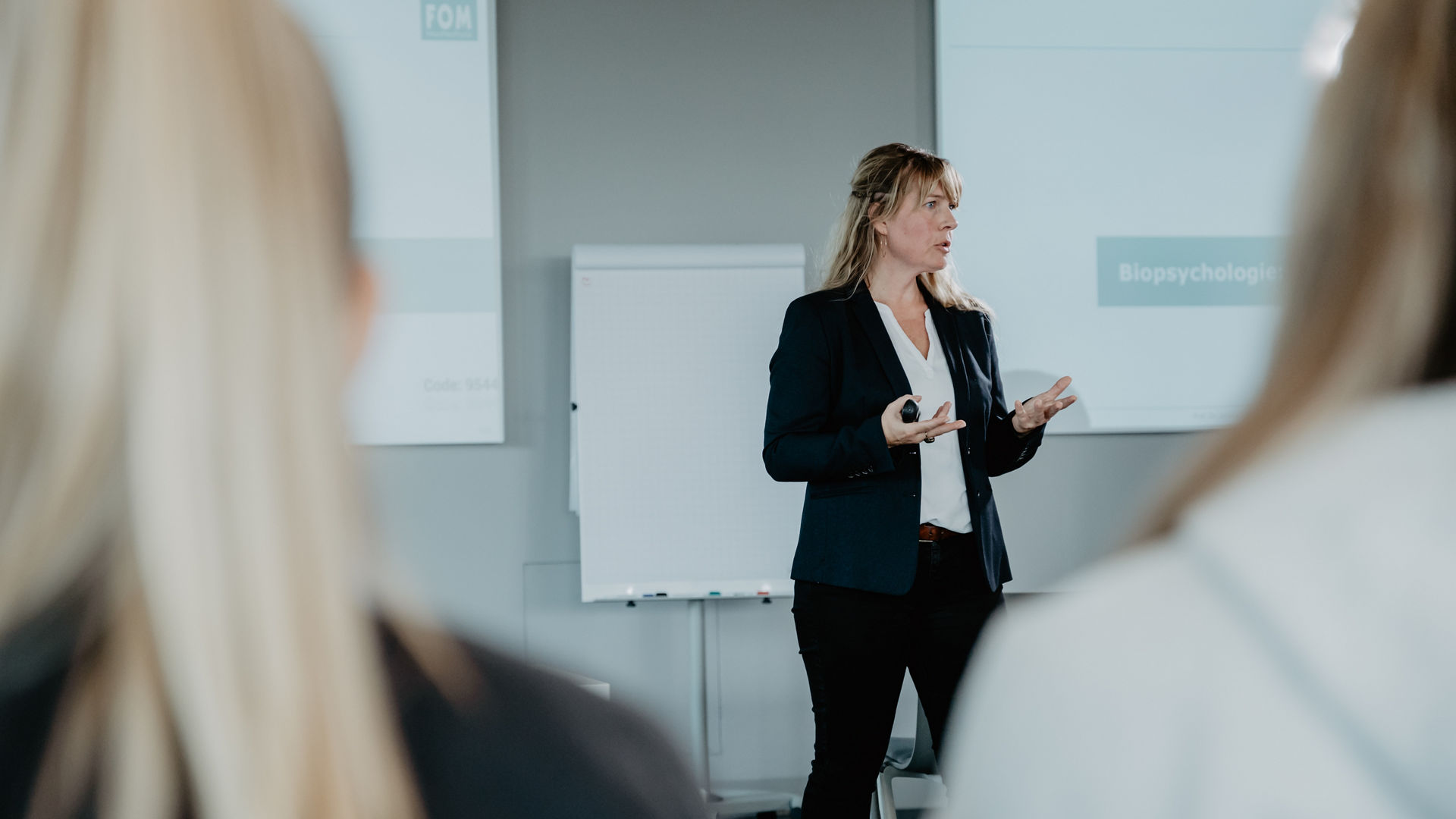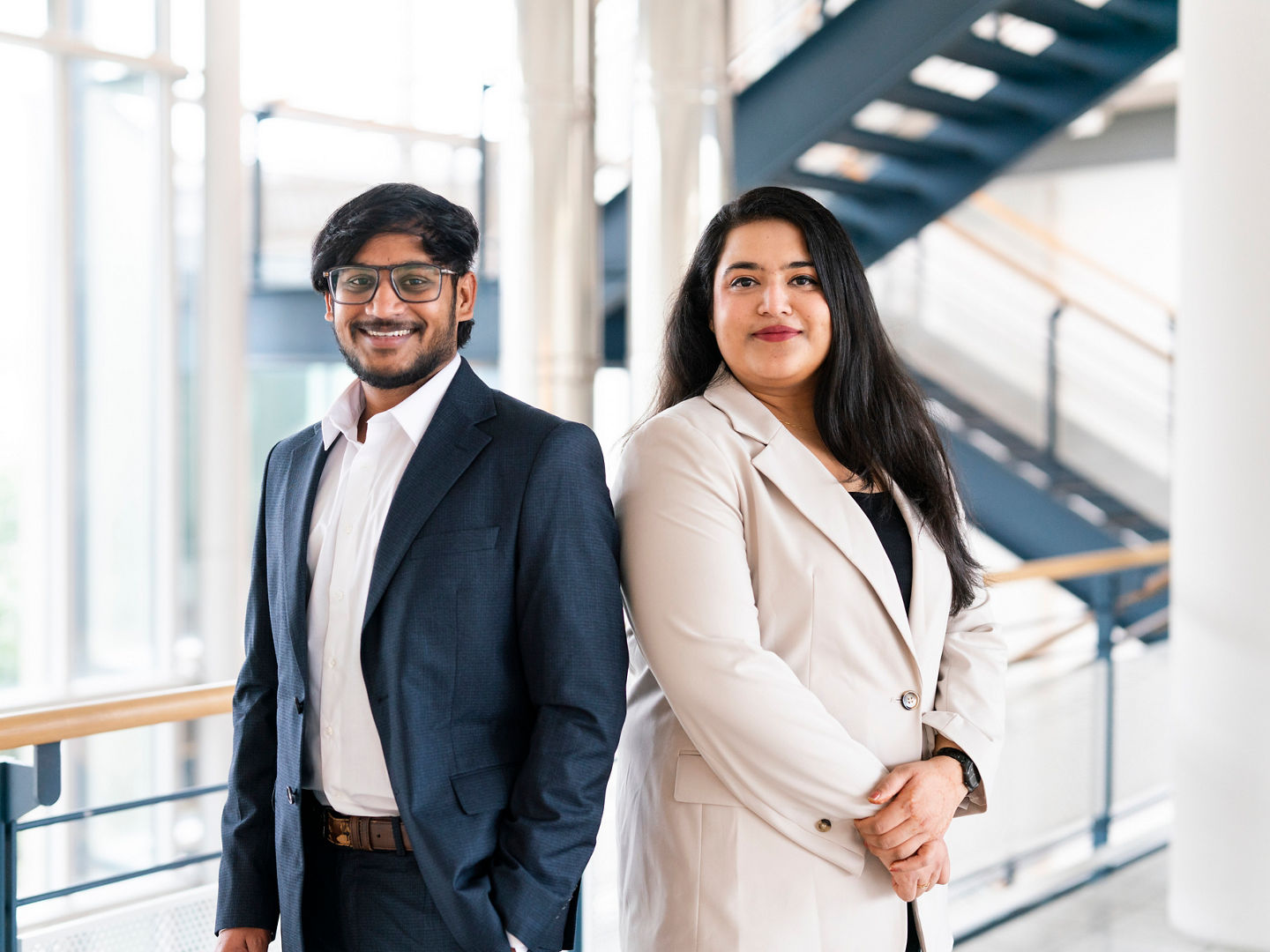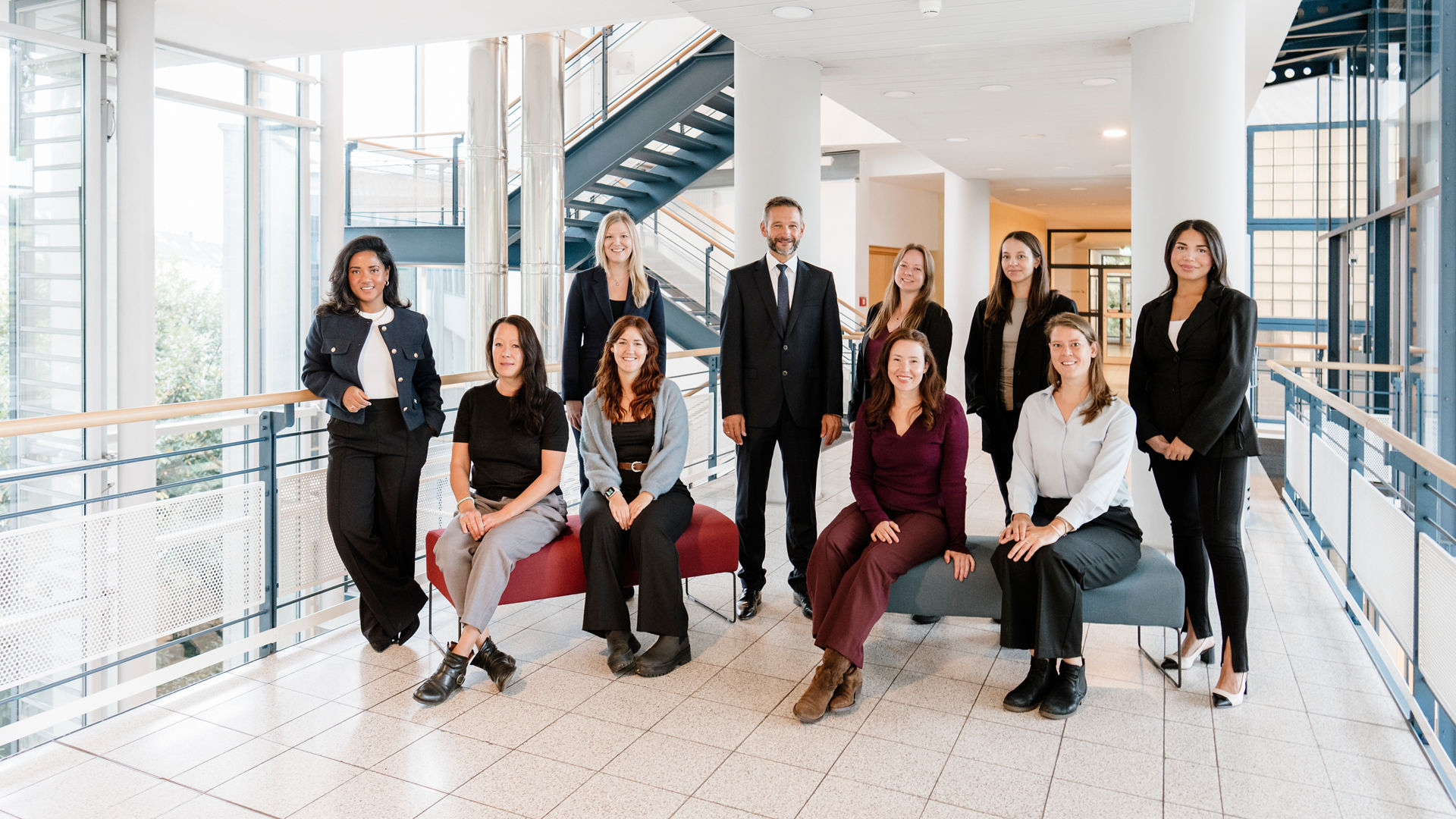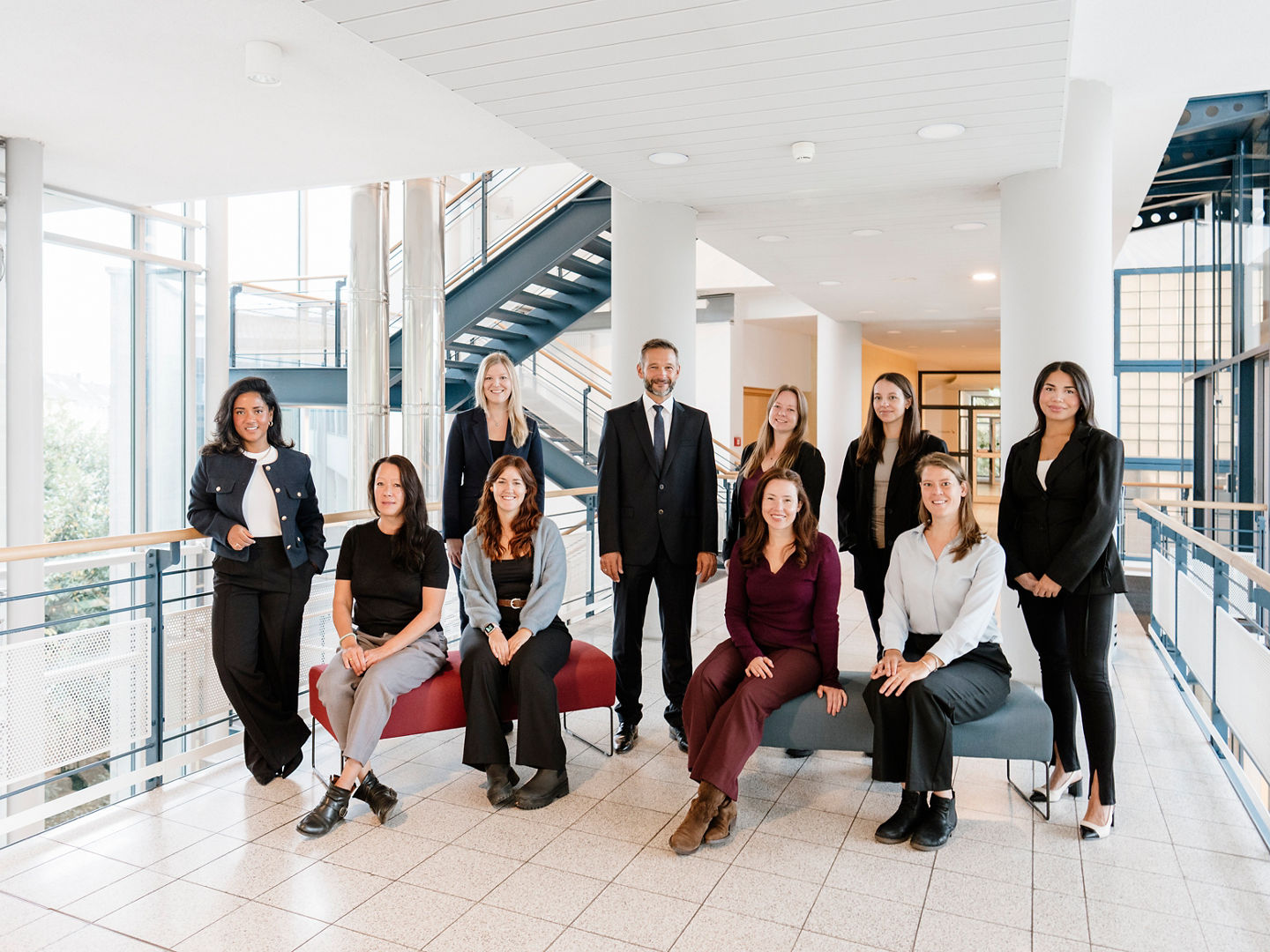Unfortunately no results for your search
Oh no, somethings seems to have the broke the search results. Please try rephrasing your search term!
Bachelor’s degree programmes
Start your professional future at FOM

Bachelor’s degree programmes in English on Campus Essen
Bachelor’s Preparation course in English

Student experience
“We chose FOM due to its strong reputation”
Mahendra and Rhythm are pursuing for a Master’s degree at the FOM University of Applied Sciences. In an interview, they discuss their impressions, their experiences with the application process, the support they received with visa procedures and accommodation searches, as well as their initial experiences upon arriving in Germany.
Facts about FOM
Internationally acknowledged degrees
Cooperations with over 10,000 companies
30 years of experience in academic teaching
International network with universities worldwide
Strong research competence
State-acknowledged and system-accredited
1,500 professors and lectures
45,000 students from 118 nations
More than 100,000 graduates
A degree from FOM is not just a qualification – it's your stepping stone to a successful career in Germany and beyond.

President of FOM University of Applied Sciences





